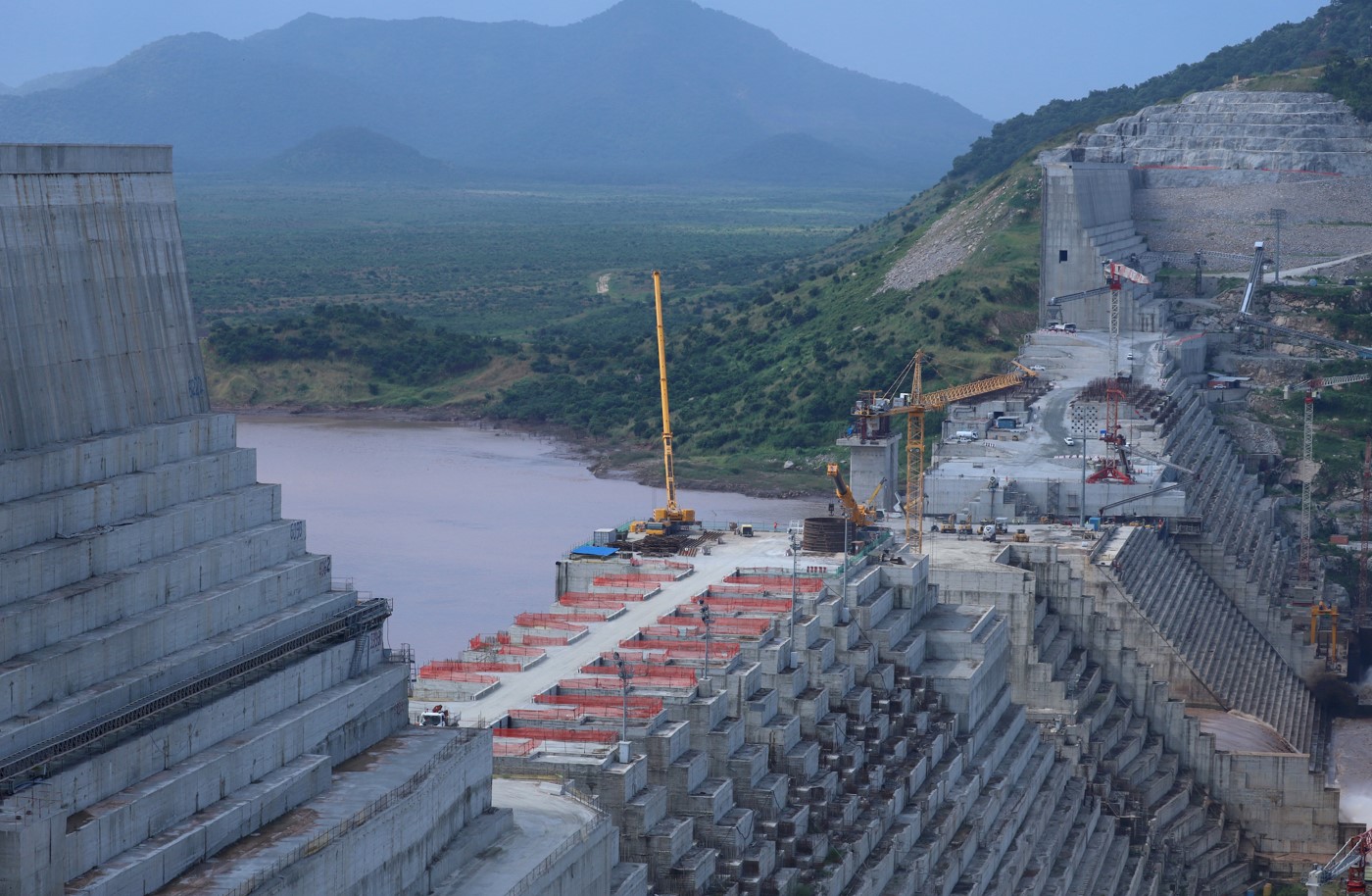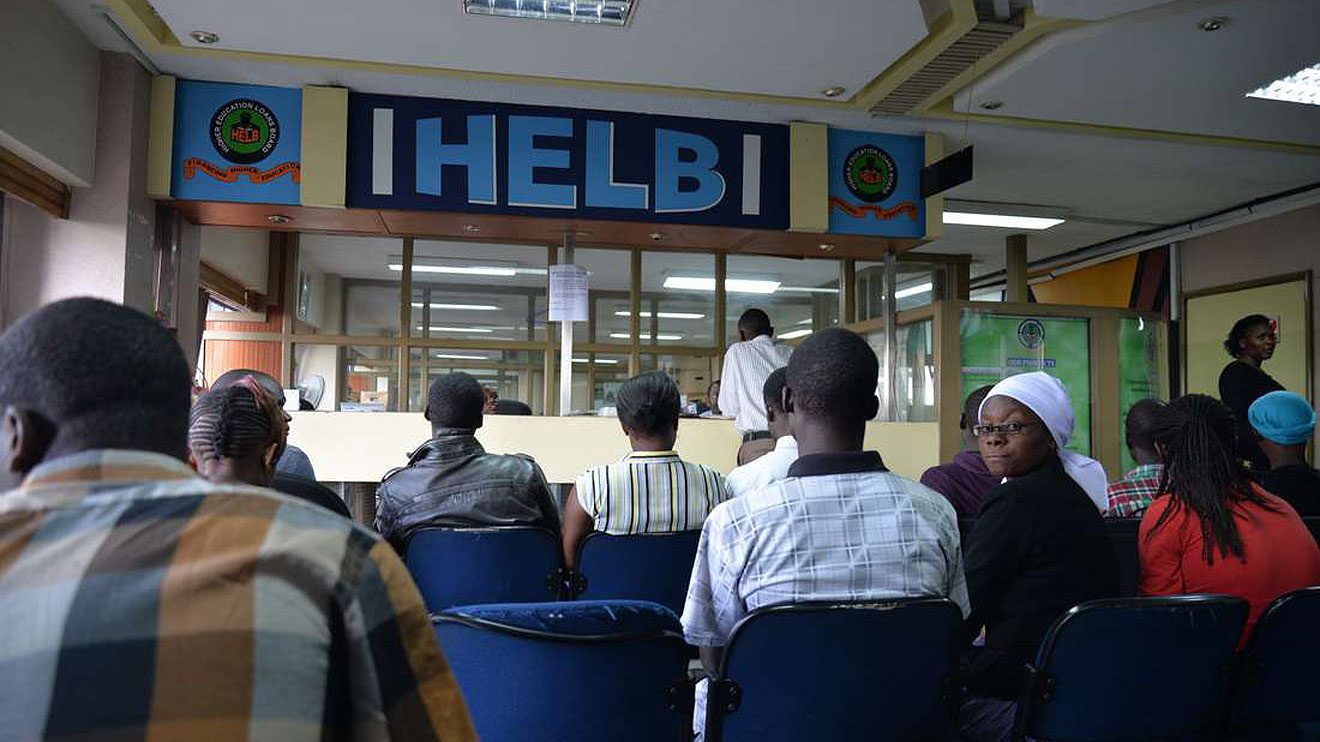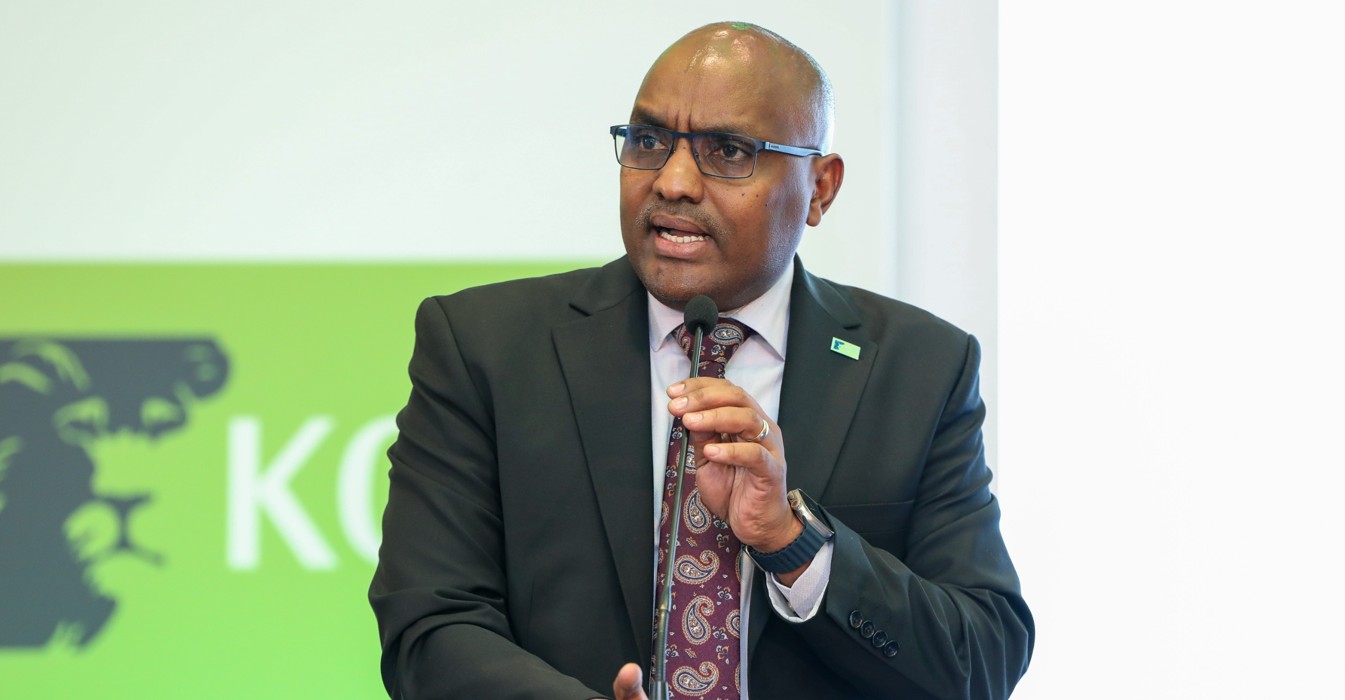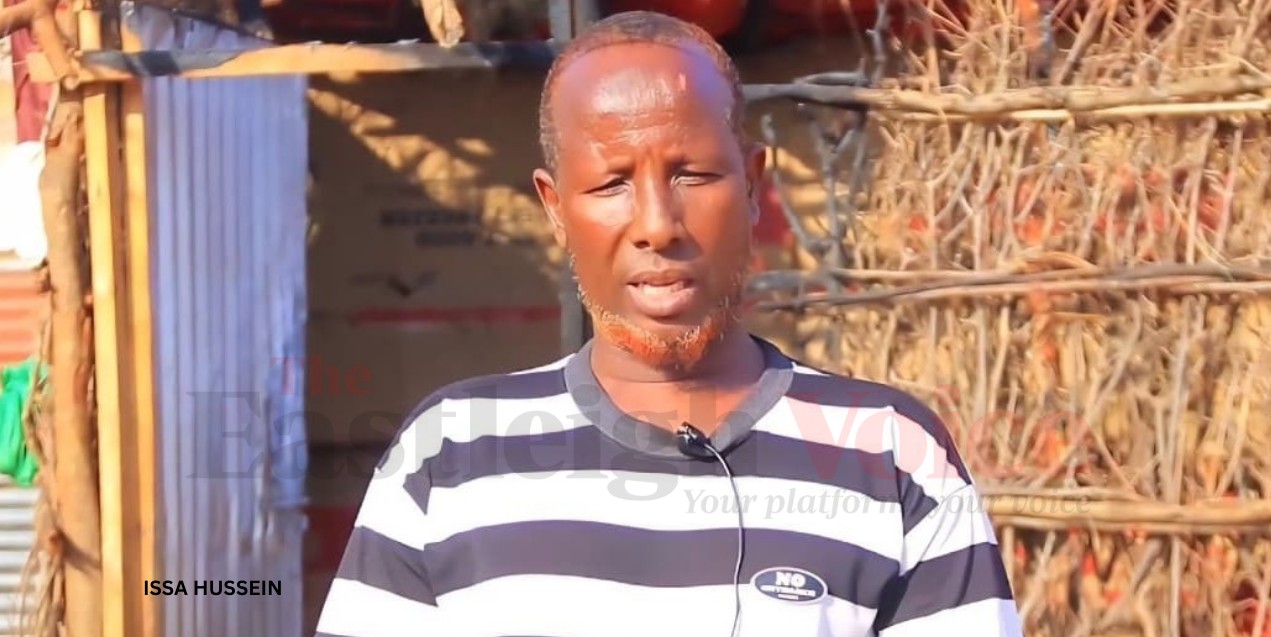£5.1 billion, 17-mile underwater tunnel to connect Spain to Morocco
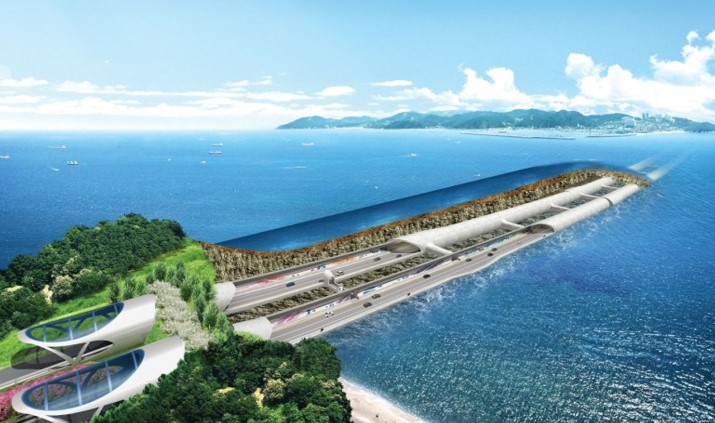
While the official costs have not been disclosed, it is believed that the project will cost approximately €6 billion (£5.1 billion).
Spain and Morocco are set to be connected by a 17-mile underwater tunnel, projected to revolutionise travel between the two continents, Europe and Africa, respectively.
The tunnel proposed 40 years ago is finally making headway, with officials announcing plans to complete the project by 2030.
More To Read
- Ogam, Omija, coach McCarthy praise team spirit after Harambee Stars 1-0 win over Morocco
- McCarthy targets strong start as Harambee Stars eye knockout spot against Morocco
- Tickets for Kenya's matches against Angola, Morocco sold out
- Trading Africa’s minerals for security deals is a dangerous gamble, experts warn
- Nigeria’s Super Falcons stun Morocco with dramatic comeback to clinch 10th WAFCON title
- Rwanda, Morocco ink ‘landmark’ military cooperation agreement
While the official costs have not been disclosed, it is believed that the project will cost approximately €6 billion (£5.1 billion).
According to The Sun, the tunnel will stretch from Casablanca, Morocco, to Madrid, Spain, with a train service connecting the two cities. The route will depart from Madrid's main station, stop in Algeciras, before crossing the Strait of Gibraltar via the tunnel, and then stop in Tangier, Morocco, before ending in Casablanca.
Estimates suggest a significant reduction in travel time between the two cities, with a journey time of just 5 hours and 30 minutes. This is a significant improvement from the current driving route, which takes around 12 hours, including a ferry ride between the two continents.
The project is a joint effort between Morocco's National Company for the Studies of the Strait of Gibraltar (SNED) and its Spanish counterpart, the Spanish Society of Studies for Fixed Communication through the Strait of Gibraltar (SECEGSA).
Officials have announced that they are currently conducting surveys in the area, with plans to construct terminals similar to Eurotunnel's Channel Tunnel in Folkestone and Calais.
Channel Tunnel is the longest undersea tunnel in the world. It is composed of three tunnels, each 50 kilometres long, bored at an average of 40 metres below the sea bed. Experts say the tunnel is 75 metres below sea level at its deepest point.
However, the tunnel connecting Spain and Morocco faces significant challenges, including finding the best route to take, with the shortest distance between the two continents also being the deepest, with water depths of up to 900 metres. Additionally, the area is prone to seismic activity due to the meeting of the Eurasian and African tectonic plates.
Spain's Transport Minister, Scar Puente, expressed optimism about the project's potential despite its challenges, saying, "We are going to give impetus to the studies of the Fixed Link Project for the Strait of Gibraltar, which both countries initiated forty years ago."
This project holds significant importance not only for Spain and Morocco but also for Europe and Africa.
It is expected to be a game-changer for travel between Europe and Africa, with officials hoping to launch the project in time for the 2030 World Cup, which will be co-hosted by Spain, Portugal, and Morocco.
Top Stories Today




